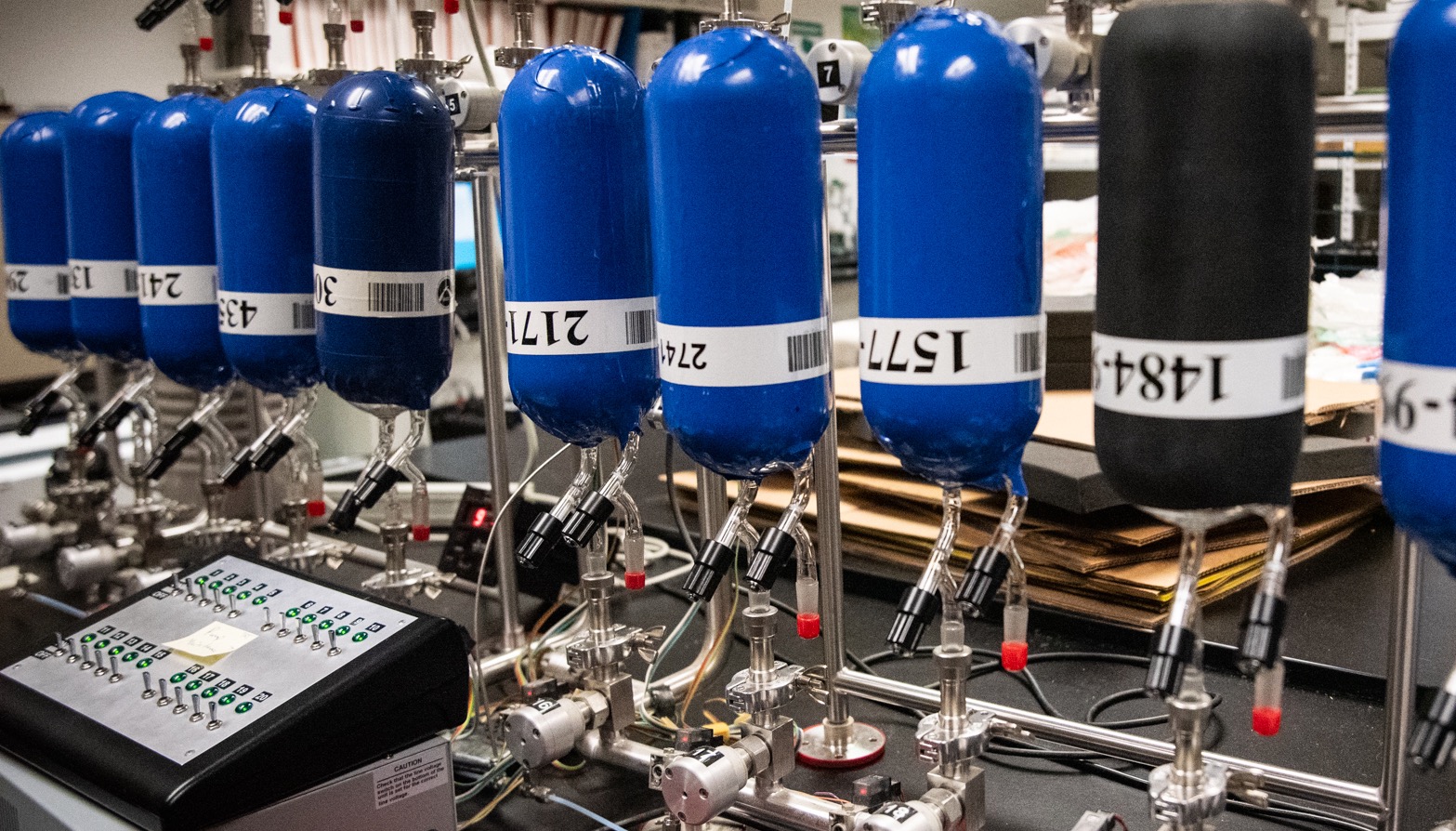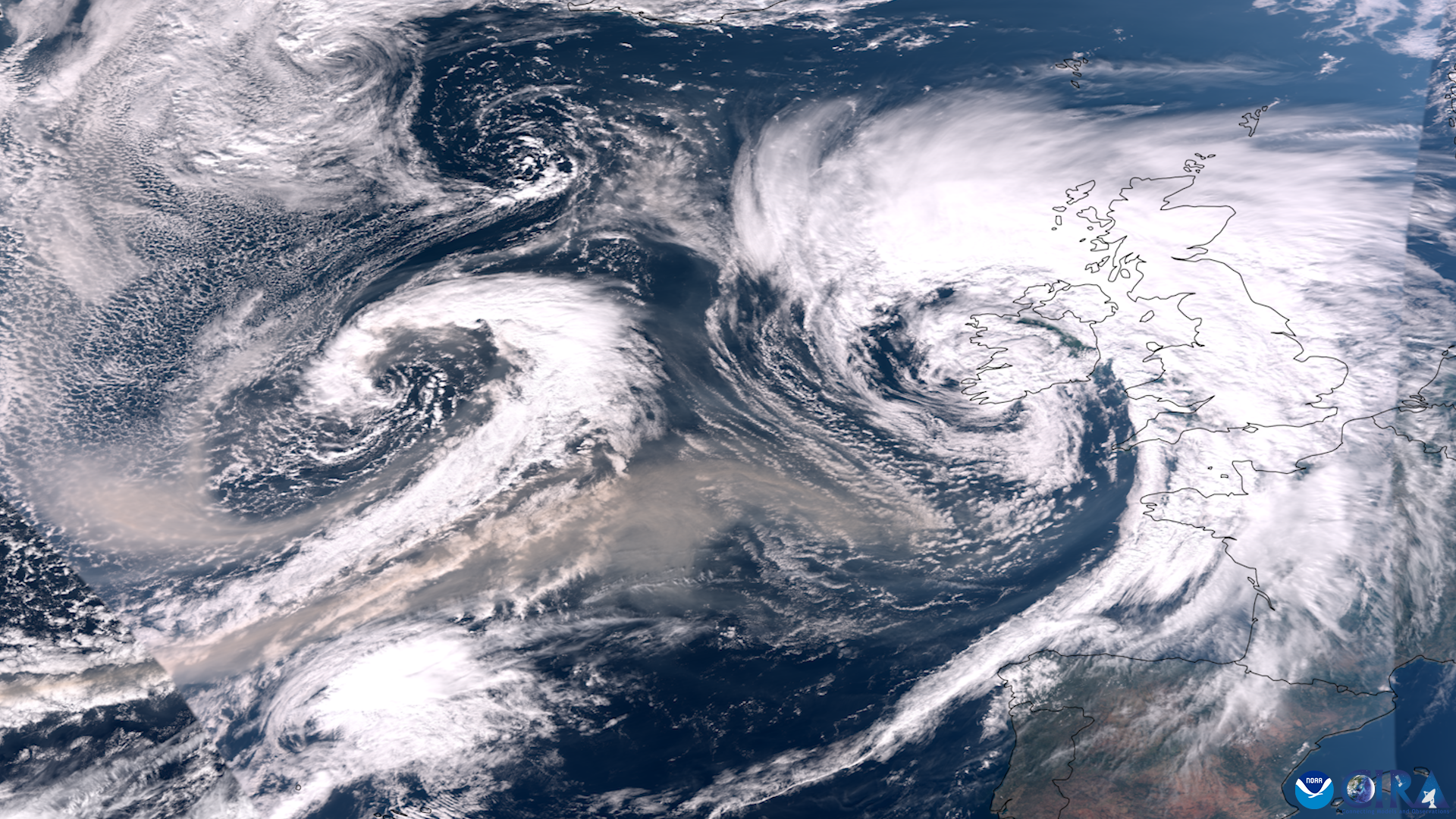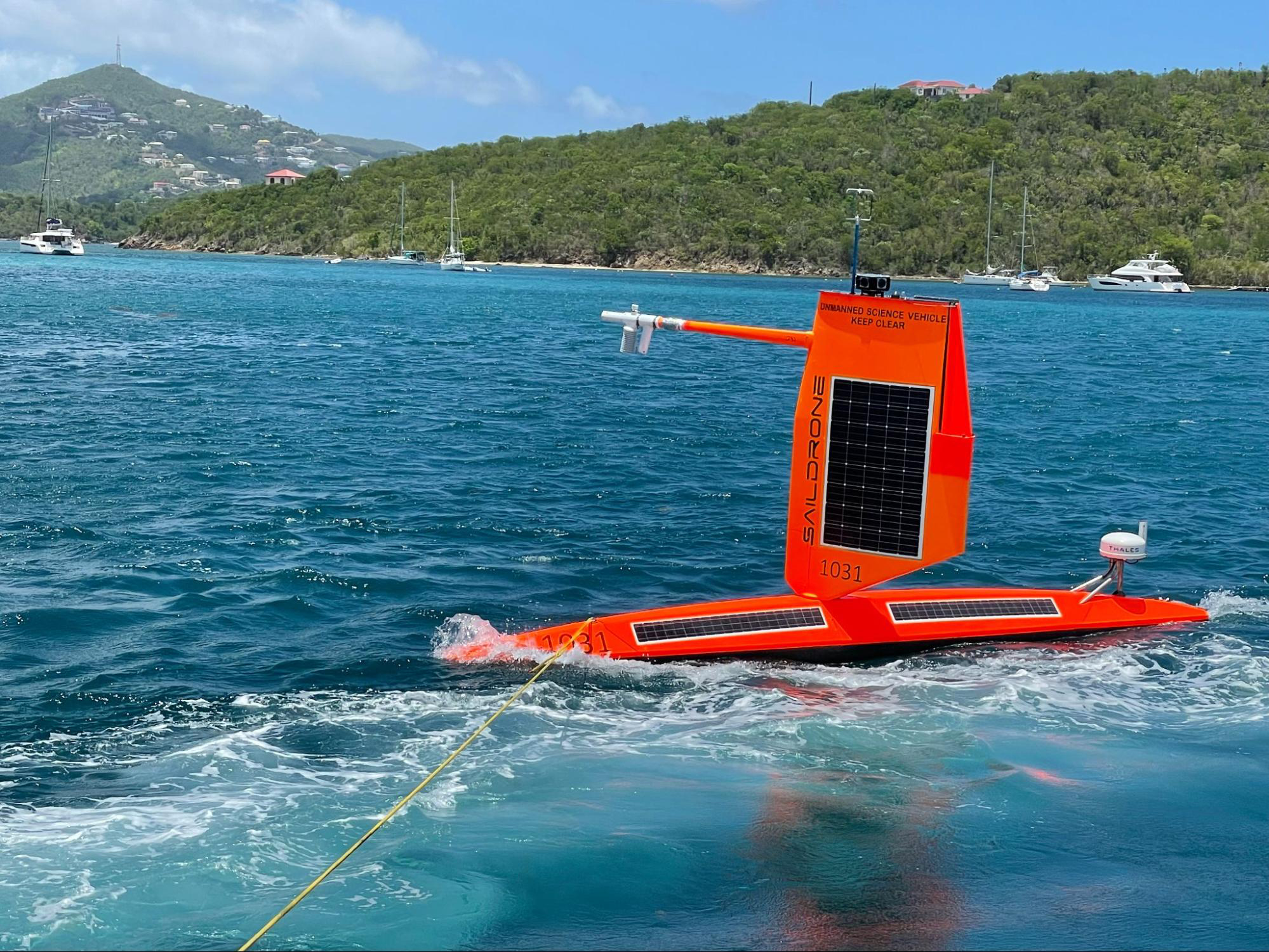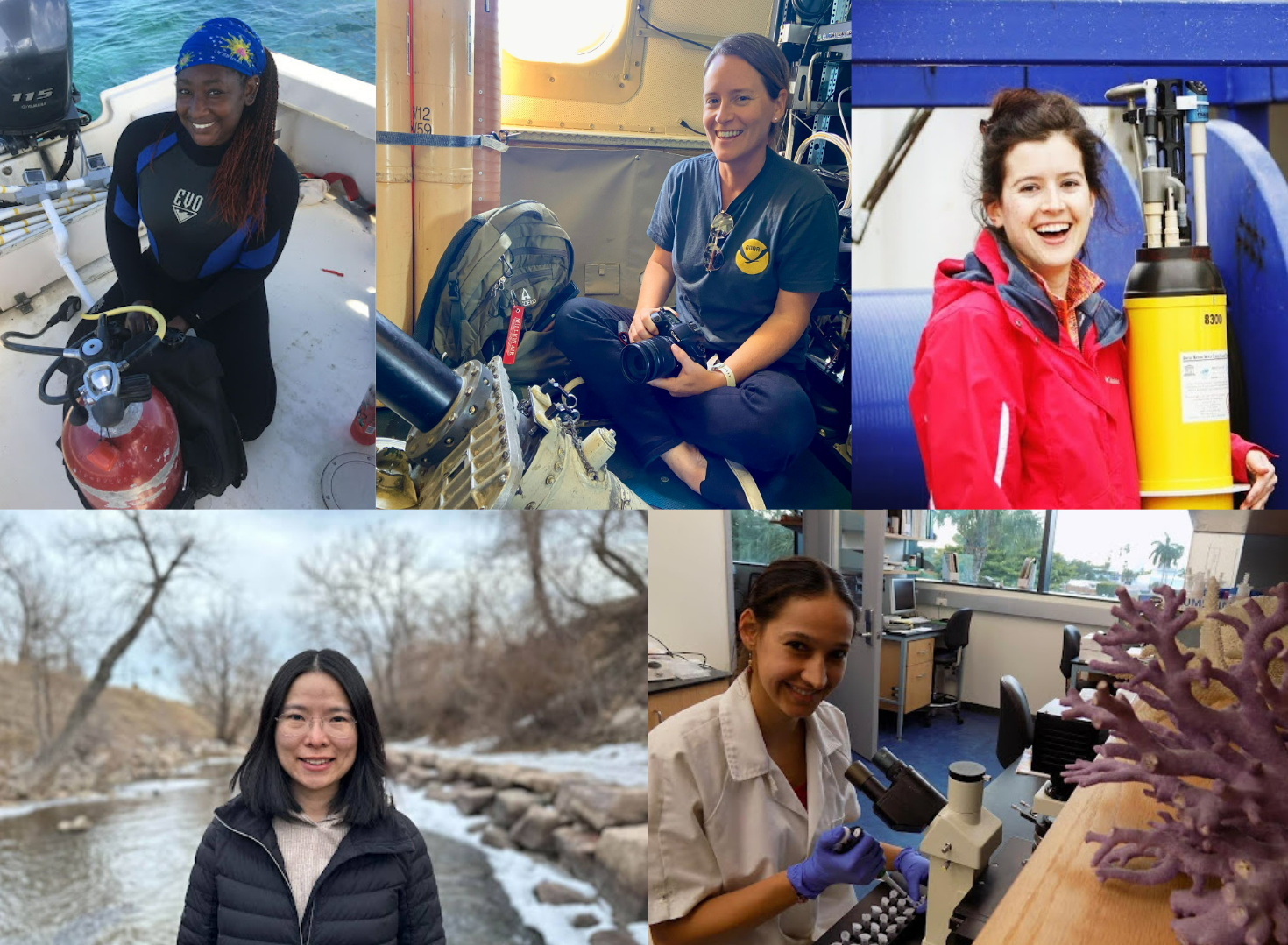Institute to focus on marine, earth and atmospheric science
The National Oceanic and Atmospheric Administration today announced it has selected the University of California San Diego to host the Cooperative Institute for Marine, Earth, and Atmospheric Systems (CIMEAS).
The cooperative institute will conduct collaborative, multidisciplinary research on climate, ocean and ecosystems to support NOAA’s mission. CIMEAS will advance the regional, national and global understanding of natural and human-caused impacts on our ecosystems and the sustainable ways to strengthen our environmental and economic well-being.
“Our cooperative institutes are a vital component of NOAA’s mission to address emerging scientific issues and train the next generation of researchers,” said Craig McLean, assistant NOAA administrator for Oceanic and Atmospheric Research. “This institute will help NOAA achieve our mission to better understand the ocean and atmosphere, which depends on research, data and information to make sound decisions for healthy ecosystems, communities and a strong blue economy.”
The selection of UC San Diego, made through an open, competitive evaluation, comes with an award of up to $220 million over the course of five years, with the potential for renewal for another five years based on successful performance.
CIMEAS, in partnership with NOAA and other agencies, will conduct and coordinate innovative, research in four main areas, focusing on the US West Coast and western US, California Current System, the Pacific and Southern Ocean:
- Science to support ecosystem-based management of living marine resources
- Research, development, and technology Innovation for global ocean observations and monitoring
- Coastal and oceanic observations, analysis, and prediction
- Weather, water, and climate research
The overall scientific and practical goals of CIMEAS projects are to understand the coupled ocean, atmosphere, land, and ecosystem variability and assess the physical and biological state of the global and regional ocean in service of NOAA’s mission to manage marine resources and serve and inform the US public.
Led by UC San Diego’s Scripps Institution of Oceanography, the new institute will be comprised of a consortium of graduate degree-granting institutions, including Humboldt State University, Cal State University Los Angeles, Farallon Institute, Moss Landing Marine Labs managed by San Jose State University, University of California Davis, University of California Los Angeles, University of California Santa Barbara, and University of California Santa Cruz.
The new cooperative institute will address some of the major research themes that have been the focus of NOAA’s previous cooperative institute hosted by UC San Diego, the Cooperative Institute for Marine Ecosystems and Climate, and will expand to include new research areas and involve additional collaborators.
NOAA supports 17 cooperative institutes consisting of 57 universities and research institutions in 23 states and the District of Columbia. These research institutions provide strong educational programs that promote student and postdoctoral scientist involvement in NOAA-funded research.
For more information, please contact Monica Allen, NOAA Communications, at 202-379-6693 or by email at monica.allen@noaa.gov



